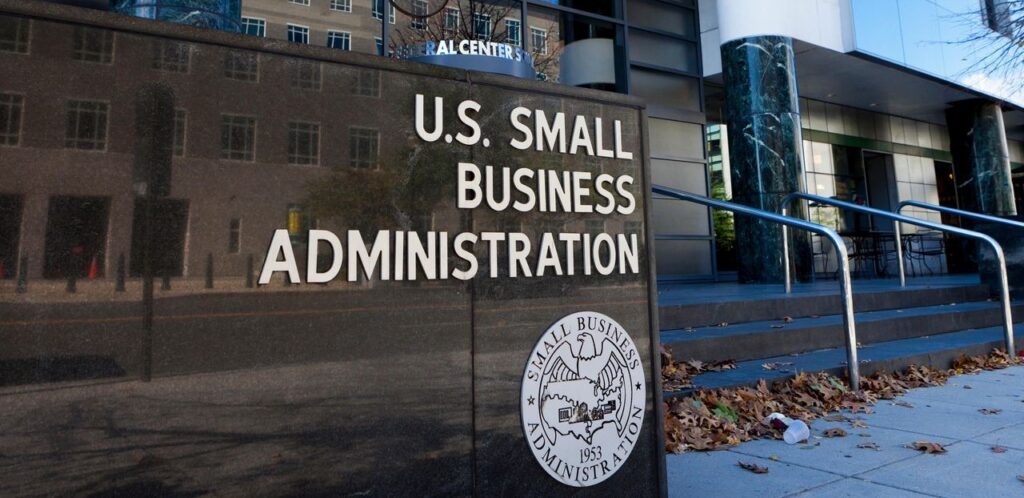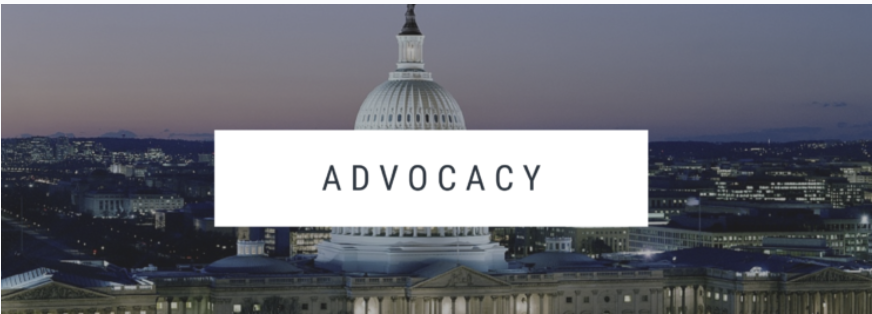Updates to the SBA 8(a) Program

Changes to Social Disadvantage Consideration for 8(a) Recipients
The U.S. District Court for the Eastern District of Tennessee ruled in July that the Small Business Administration’s (SBA) 8(a) Business Development program can no longer rely on the “rebuttable presumption of social disadvantage” when determining whether small businesses are considered disadvantaged to be eligible for the program. As a result, the SBA is now requiring businesses to re-state their social disadvantage by providing a comprehensive narrative detailing their disadvantage.
This decision will have an immediate impact on current participants of the 8(a) program, businesses that have pending applications or are intending to apply for admission into the 8(a) program, and may have further impacts on the 8(a) program down the road. The SBA has already halted new applications and issued interim guidance that will impact certain recipients of the SBA’s 8(a) program (view press release).
AWBC has provided a breakdown of this change:
To level set, what is the 8(a) Business Development program?
The SBA’s 8(a) nine-year program can be a valuable tool for experienced socially and economically disadvantaged small business owners, who have already been in business for at least two years or more, and are interested in expanding their footprint in the federal marketplace. The 8(a) certification qualifies small businesses as eligible to compete for the program’s sole-source and competitive set-aside contracts.
Who is eligible to participate in the 8(a) program?
To qualify for the 8(a) program businesses have to meet the following eligibility criteria:
- Be a small business
- Not have previously participated in the 8(a) program
- Be at least 51% owned and controlled by U.S. citizens who are socially and economically disadvantaged – *details of this requirement is being changed as a result of this ruling
- Have a personal net worth of $850 thousand or less, adjusted gross income of $400 thousand or less, and assets totaling $6.5 million or less
- Demonstrate good character
- Demonstrate the potential for success such as having been in business for two years
What is the rebuttable presumption and why is it being called into question?
To qualify as being at least 51% owned and controlled by U.S. citizens who are socially and economically disadvantaged, the rebuttable presumption allowed members of designated groups, including but not limited to Black Americans, Hispanic Americans, and Native Americans, to be considered “socially disadvantaged”.
The U.S. District Court for the Eastern District of Tennessee is no longer allowing businesses to state that because they belong to a demographic group, they have experienced a social disadvantage prohibiting their success in government contracting.
What is the SBA requiring of 8(a) participants to maintain eligibility?
SBA’s has released new interim guidance, requiring existing 8(a) participants will have to complete a social disadvantage narrative to determine ongoing eligibility for the program.
Guidance for pending 8(a) applicants: The SBA has temporarily suspended new 8(a) applications and is working through how this impacts current participants and pending/ future applicants.
Guidance for existing 8(a) participants on social disadvantage: SBA is requiring all 8(a) participants whose program eligibility is based upon one or more individuals who relied upon the presumption of social disadvantage to establish their individual social disadvantage by completing a social disadvantage narrative. Steps to achieve this include:
- The SBA sent all current 8(a) participants direct communication on Monday, August 21, 2023, regarding their status and whether they need to re-certify.
- To receive new 8(a) contracts, these participants will need to submit information to SBA, through the Certify.sba.gov system, to make the determination of personal social disadvantage.
- If approved, the SBA will send the participant a letter indicating it has established social disadvantage, and may continue to receive 8(a) contracts and otherwise participate in the 8(a) program.
- Current 8(a) participants, should continue to submit their annual review and continuing eligibility materials to SBA.
- *8(a) applicants and 8(a) participants will only need to establish social disadvantage once for their program term, unless there are ownership/control or other changes which affect eligibility.
Who does not need to submit a narrative?
- If you were originally admitted to the program because the qualifying owner established social disadvantage by a preponderance of the evidence.
- If you are an entity-owned firms, such as firms owned by Indian tribes, Alaska Native Corporations, or Native Hawaiian Organizations.
- *These individuals should have also received a communication on Monday, August 21, 2023, providing them with a letter stating they have met social disadvantage requirements and may proceed with 8(a) federal contract awards.
Extension of 8(a) Business Development Program Moratorium Impacting Construction Businesses
In a separate ruling, the SBA also has extended the 8(a) Bona Fide Place of Business Requirement (BFPOB) moratorium until Sept. 30, 2024. The BFPOB moratorium, which was initially put in place during the COVID-19 pandemic, waives on the requirement for small businesses to establish a bona fide place of business in a particular geographic area when awarded any construction contract under the 8(a) Business Development Program.
*Bona fide place of business means a location where a participant regularly maintains an office that employs at least one full-time individual within the appropriate geographical boundary.



